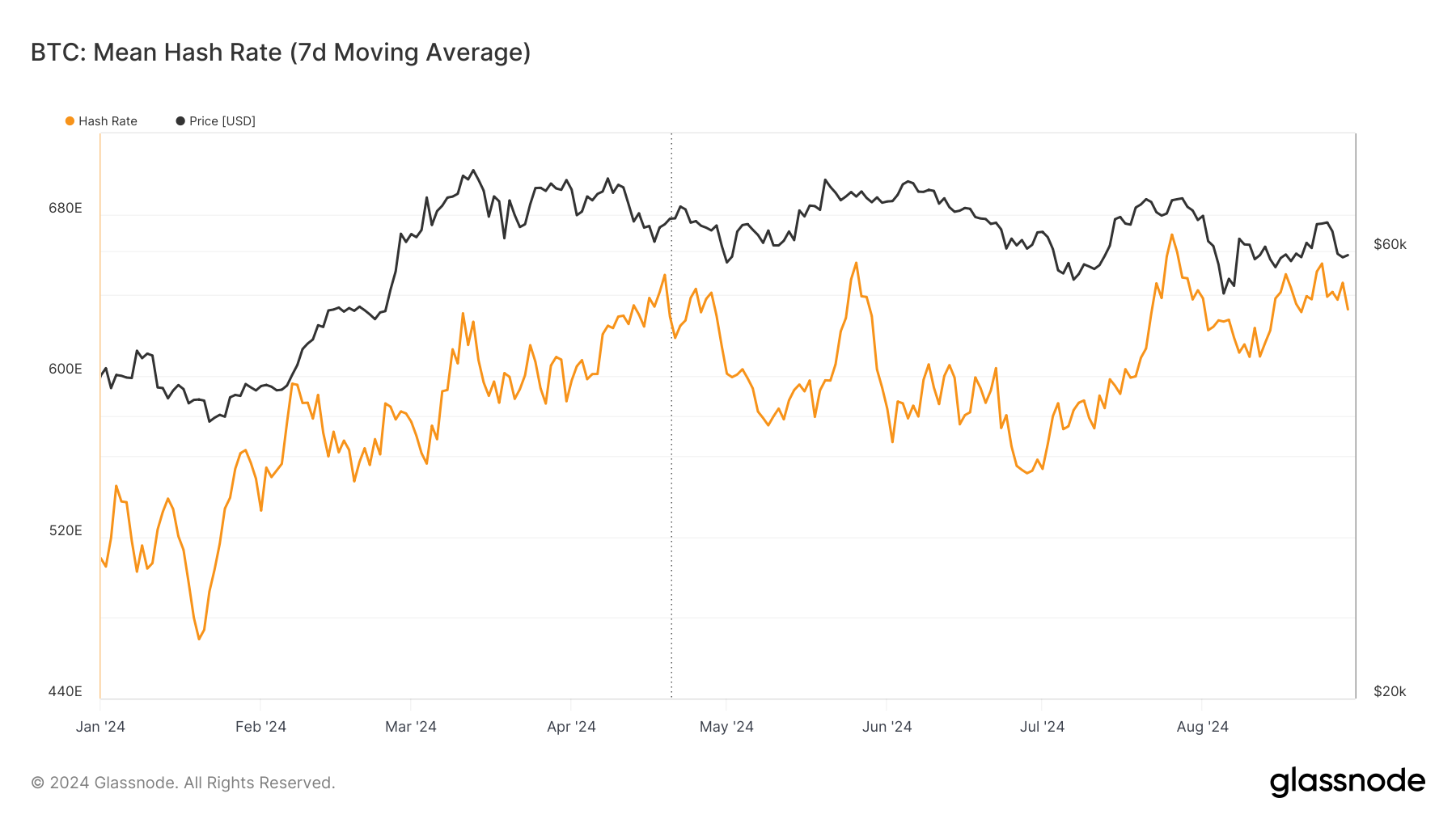
The choice between stocks and FX is vital in online trading. Each option has pros and cons, so choosing the appropriate one takes knowledge of both markets. Fincompose, a popular trading platform, allows stock and FX trading. We’ll examine both trading options’ features, advantages, and drawbacks in this evaluation. In conclusion, you should know which strategy fits your trading objectives and risk tolerance.
Stock trading includes purchasing and selling publicly traded company shares. When you buy stocks, you own part of the firm and share its earnings and losses. A deeper look into Fincompose stock trading’s perks and cons:
Advantages of Stock Trading
Fincompose offers a variety of equities from different companies and areas. This diversity helps you to develop a balanced portfolio that meets your investing goals.
Over time, the stock market has appreciated. Capital appreciation and rich returns await patient investors.
Shareholders get dividends from many public corporations. This boosts portfolio performance by providing extra income.
Stock trading is more transparent since corporations must disclose financial information and follow regulations.
Negatives of Stock Trading
Stock prices may rapidly change portfolio value. Investors may feel anxious and need emotional strength throughout this volatility.
Stock investing may demand more cash than forex trading, restricting accessibility for certain participants.
- Risks specific to the company
Management changes, industry developments, and market rivalry might affect stock performance.
Forex Trading on Fincompose
In the worldwide foreign exchange market, forex traders swap currencies. Traders speculate on currency pair prices to benefit from exchange rate swings. Here are Fincompose’s forex trading advantages and cons:
Benefits of Forex Trading
The forex market is one of the most liquid, so traders may quickly enter or leave positions in enormous quantities.
- Accessibility and Lower
Forex trading is more accessible to novices due to its lower initial capital requirement.
The forex market is open 24 hours a day, five days a week, so traders may trade whenever they choose.
- Market Opportunities and Diverse Pairs
Fincompose lets traders profit on global economic and geopolitical trends with a broad choice of currency combinations.
Negatives of Forex Trading
Volatility may benefit traders but can represent major hazards. Rapid price changes may cause significant losses if mismanaged.
Traders must be educated and monitor the market since economic, political, and social variables affect currency pricing.
Forex trading leverage may increase profits and losses, posing margin calls and financial dangers.
Conclusion
No one knows which is best between stocks and forex trading on Fincompose. Both methods provide distinct possibilities and difficulties for various trading styles, risk tolerances, and financial objectives. Stock trading offers growth, dividend income, market volatility, and company-specific hazards. Forex trading provides accessibility, liquidity, and the chance to benefit from global economic trends. Still, it demands a comprehensive grasp of complicated aspects and risks significant volatility and leverage-related dangers.
Before choosing any course, investigate, assess your risk appetite, and consult financial advisors. Your tastes and goals determine whether you trade stocks or FX on Fincompose. Whatever you select, rigorous risk management, continual learning, and a well-defined trading strategy can help you succeed.
Disclaimer: The statements, views and opinions expressed in this article are solely those of the content provider and do not necessarily represent those of CoinChapter. CoinChapter will not be responsible in any way for the content of the same. Do your research and invest at your own risk.



